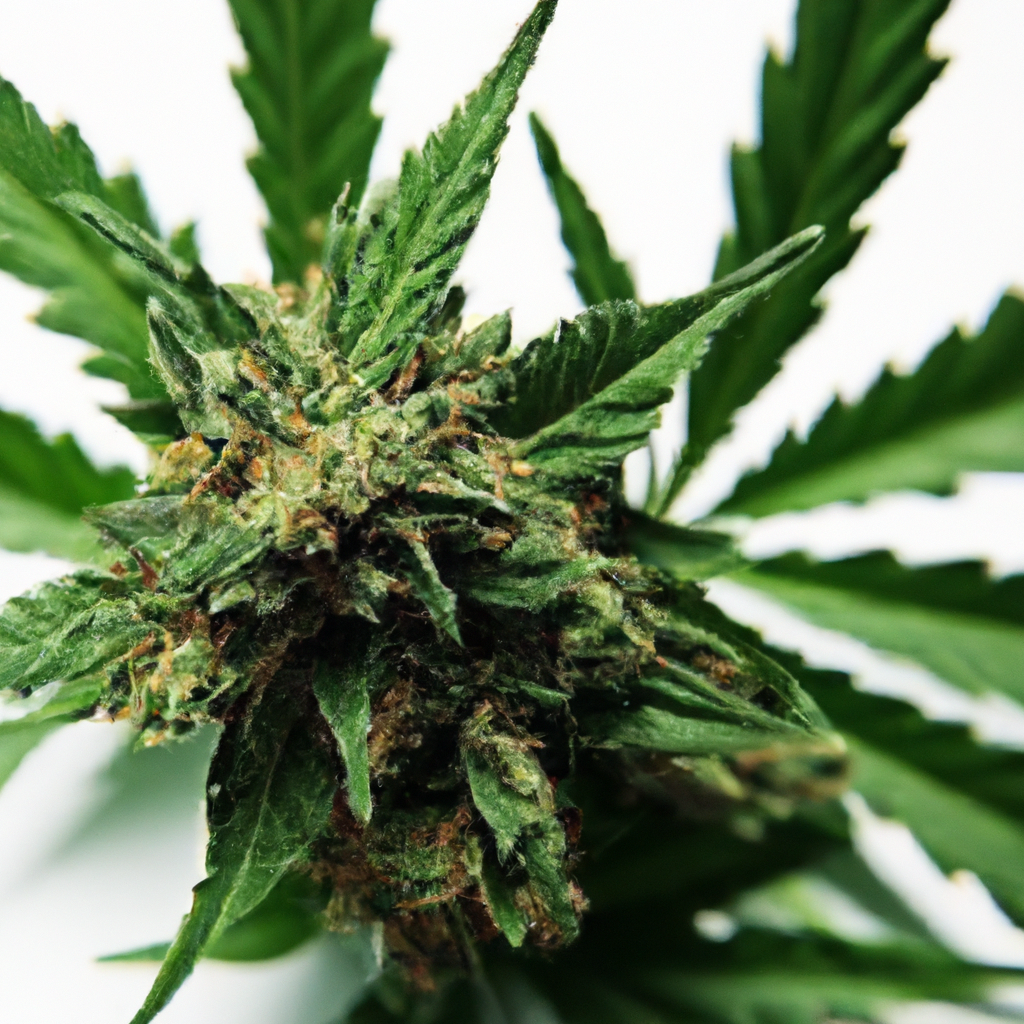Your cart is currently empty!
The relationship between cannabis and the brain is a topic of growing interest and ongoing research. With the changing legal landscape of cannabis around the world, understanding how cannabis interacts with the brain is crucial for both consumers and healthcare professionals. This article dives into the core aspects of cannabis’ influence on brain functionality and offers insights into its potential benefits and risks.
The Basics: Cannabinoids and the Brain
Cannabis contains over 100 different cannabinoids, with THC (tetrahydrocannabinol) and CBD (cannabidiol) being the most studied. These cannabinoids interact with the endocannabinoid system (ECS) in our body, which plays a role in regulating a variety of physiological and cognitive processes.
- THC: Known for its psychoactive effects, THC binds to CB1 receptors in the brain, leading to the ‘high’ sensation.
- CBD: Unlike THC, CBD does not produce a high. It interacts with both CB1 and CB2 receptors and other receptor systems in the brain, promoting a calming effect without intoxication.
Potential Benefits and Therapeutic Uses
Scientific research has begun to uncover potential therapeutic benefits of cannabis related to mental health and neuroprotection:
- Anxiety Relief: CBD has been shown to potentially reduce anxiety levels by interacting with serotonin receptors.
- Neuroprotection: Some studies suggest cannabis may offer neuroprotective benefits, which could be useful in treating neurological disorders such as epilepsy and multiple sclerosis.
- Improving Sleep: THC is often associated with improved sleep quality, but its use must be carefully managed due to potential disturbances in REM sleep cycles.
Cannabis and Cognitive Function
While cannabis offers benefits, it is important to consider its impact on cognitive functions, particularly with long-term and heavy use:
- Memory Impairment: Regular use of THC-heavy cannabis may lead to short-term memory challenges, especially in adolescent users.
- Attention and Focus: Some users report reduced ability to concentrate, though effects can vary based on dosage and strain.
FAQs: Cannabis and Brain Health
- Can cannabis cure neurological disorders?
- No, cannabis is not a cure-all but may assist in managing symptoms. Further research is essential to determine its efficacy and safety for specific disorders.
- What is the legal status of medicinal cannabis?
- The legal status varies from country to country and even within regions of a country. Always check local regulations to understand legal implications.
- Does CBD have side effects on the brain?
- CBD is generally considered safe with fewer psychological side effects than THC, although it may cause mild effects like drowsiness and changes in appetite.
Conclusion
Understanding how cannabis interacts with the brain is crucial, especially as the legal and social acceptance of cannabis continues to evolve. While it offers potential therapeutic benefits, careful consideration and responsible use are important to mitigate risks. Further research will continue to expand our knowledge and clarify the complex relationship between cannabis and the brain.
Tags: Cannabis, cannabis-science, neurological disorders, CBD benefits, anxiety-relief
Discover more from Magic Clones
Subscribe to get the latest posts sent to your email.


Leave a Reply